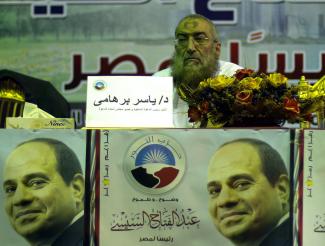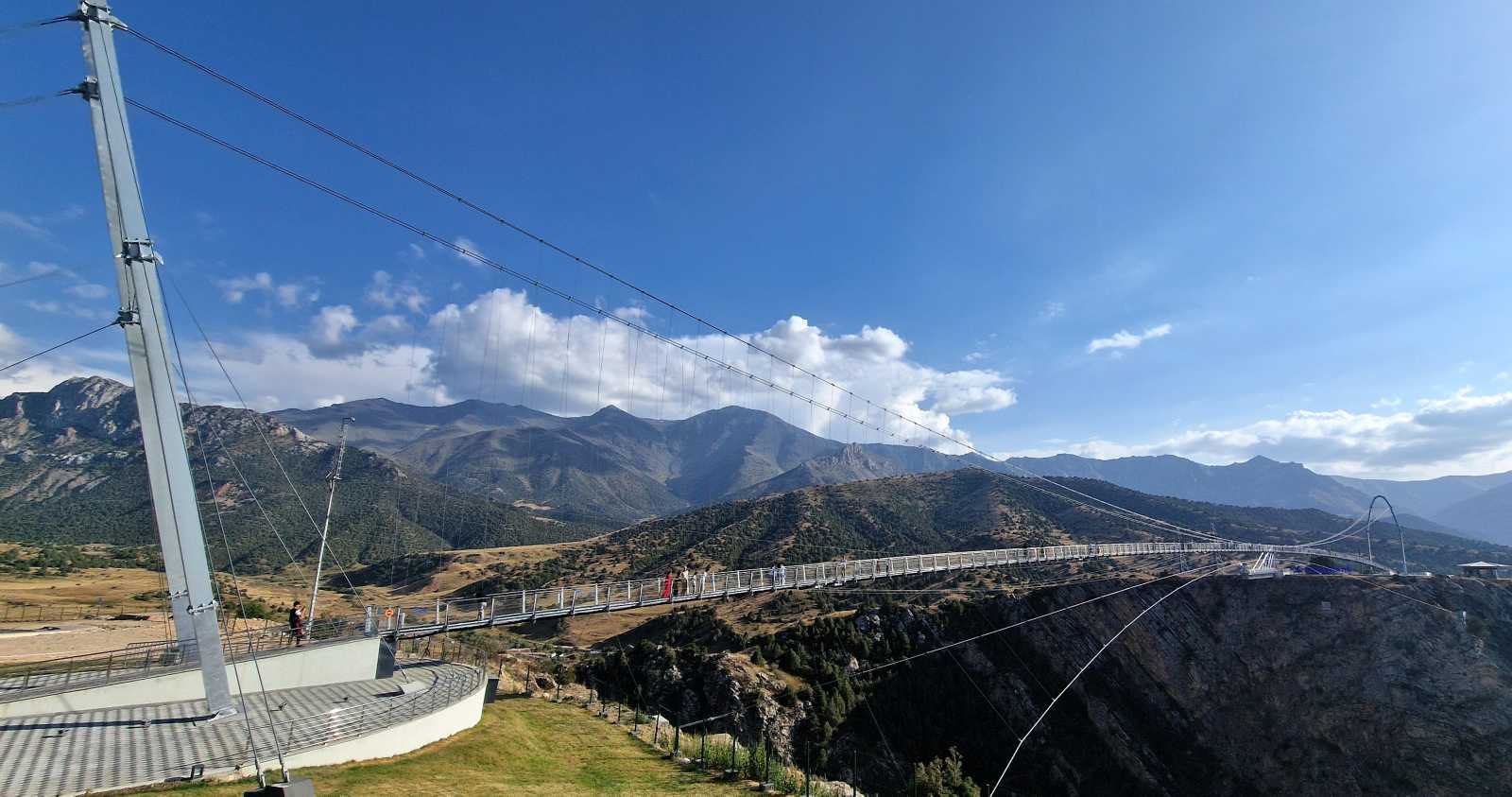Identity politics
Islam’s deep divides

Today, many Muslims still feel marginalised in global affairs, and that spawns anti-western sentiments. They are not strong enough to bridge inner-Muslim divides however. Islamist extremists may preach unity, but the cohesion they speak of is largely mythical. Deep divides have marked Islam for centuries.
The Shia-Sunni schism occurred in the 7th century. It has caused bitter disputes and wars. Today, the Gulf monarchies subscribe to a fundamentalist version of the Sunni faith, whereas Iran is run by a fundamentalist Shia regime. Those in power use the faith to entrench their power. Tehran and Riyadh compete for dominance in the Middle East. They sponsor missionaries, militias and authoritarian governments. Currently, they are engaged in proxy wars in Iraq, Syria and Yemen. Sunni-led governments worry that Iran will become stronger due to the recent framework agreement with the P5+1 group to control Tehran’s nuclear programme.
There are splits within political Sunnidom too, however. The Gulf States’ Wahabi ideology is a rigid and puritanical interpretation of the faith. It spawned Salafism, the doctrine of copying the lifestyle of the prophet, and blends into jihadism, which calls followers to wage holy war.
Wahabi missionaries have a huge influence beyond the Arab region. They undermine other, often more tolerant traditions of Sunni Islam. It is bizarre how the Gulf monarchies, which are closely aligned to the west, breed and take advantage of anti-western sentiments. The Gulf States are not poor, and their royal families are not marginalised internationally. They do, however, have a track record of treating migrant workers, most of whom are Muslim, in harshly exploitative ways.
Their cynicism has been noticed, of course, and some jihadis have turned against them. Their doctrine is that holy war will purge the faith and create a new, monolithic Muslim world power, but the empirical result is only more bloodshed, more destruction and more cynicism. Today, Saudi Arabia is fighting terrorist outfits such as al Qaida or ISIS, but it has not reversed its own ideology which breeds jihadism.
Another inner-Sunni divide is politically important. Wahabis resent the Muslim Brotherhood and its many offshoots. The Brotherhood was originally an anti-imperialist movement that emerged in Egypt in the 1920s. It spread to other countries fast. This movement is not inspired by Wahabism, but relies on its own interpretations of the holy scriptures. Therefore, the Saudi government did not become an ally of Mohammed Mursi, the Muslim Brother who was Egypt’s first democratically elected president. It helped the military to topple him in 2013. To undermine the Brotherhood’s hegemony in Egypt, moreover, the Saudis fund Salafi organisations.
Ennahda in Tunisia is one of the political parties that are historically and ideologically related to the Brotherhood. It is now part of a big-tent government that is threatened by ihadi terrorism.
When Tunis was rocked by a terror attack in March, some people in the west felt that this was proof of Islam and western democracy not being compatible. That is nonsense. Tunisian legislators wrote Tunisia’s constitution, an overwhelming majority of Tunisians voted for it in a referendum, and Ennahda is part of the ruling coalition. Arguing that Tunisia’s current political order is somehow “western” means to belittle Tunisian ownership, disregard the people’s wishes, and play into the hands of the terrorists. Tunisia’s constitution is based on universal democratic values that do not belong to any particular world region.
The west would be foolish to read Muslims’ rather superficial sense of solidarity as an expression of Islam being a single, coherent or even monolithic force. Like Christianity, this faith is marked by many different sects and traditions. Muslims, on the other hand, would be well advised to assess carefully who is promoting what kind of Islamist politics for what reason – and with what results. (dem)











